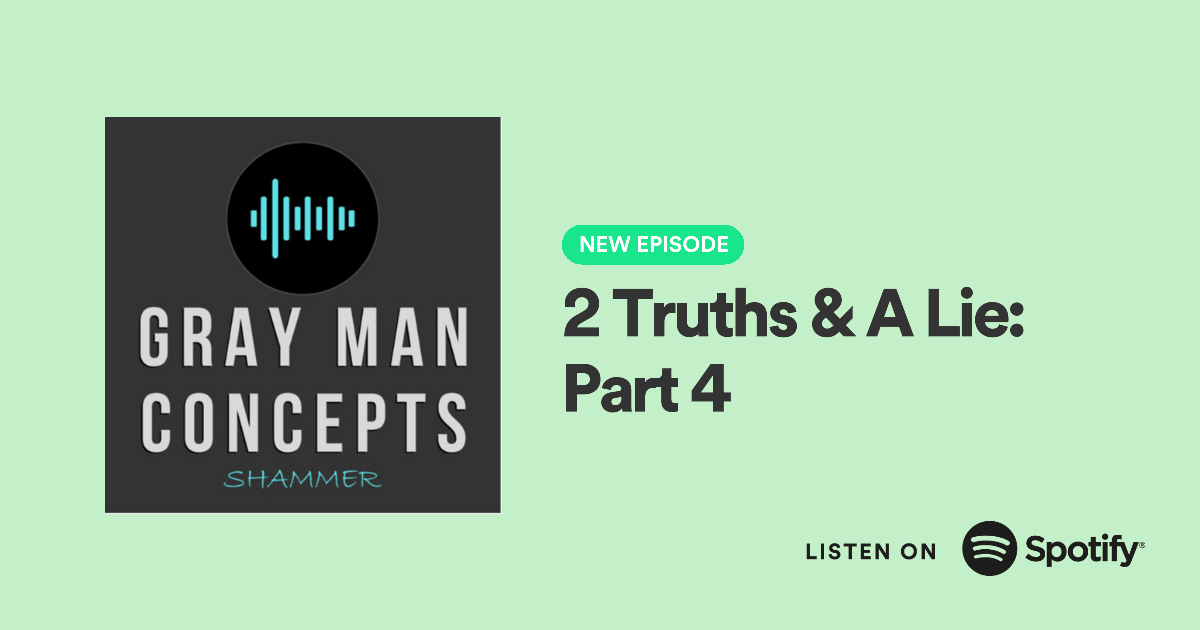Boolean expressions can be used with any search engine, not just Google. They enable very specific results. Below are some examples of Boolean expressions and how they can be used.
Note: Use quotation marks to search a phrase exactly word for word.
Step 1: Search “signs of unstable weather” with the quotation marks included. You will see the search engine searches for the exact phrase with no break in between the words.
Step 2: Search the phrase without quotation marks. The results are very different and steer off from what you may want.
Note: Use positive signs to include words in a search that are being ignored by the engine.
Step 1: Search “+signs of unstable weather” without the quotation marks. This tells Google to always include the word “signs.”
Note: Use negative signs to exclude words from a search when Google usually includes them.
Step 1: Search “spots on fur –dogs” without the quotation marks. This will give results for any potential animal except for dogs.
Step 2: Search without “–dogs” in the search. Notice that
the top three results now primarily contain dogs.
Note: Use the word OR to allow the search to include another word, or phrase, around OR.
Step 1: Search “missing fur rabbits OR cats” without the quotation marks. This tells Google to search for pages that have information on rabbits, cats, or both.
Step 2: Remove the OR expression. Notice the results fail to list any information on cats.
Note: Use the word AND to tell Google to allow both words to be included in the results.
Step 1: Search “painting with acrylic AND oil” without the quotation marks. Notice that in the top three results, two of the results include acrylics being mixed with oil paints.
Step 2: Remove the AND expression. Notice the top three results mainly result helping searchers decide which one medium is more suitable, rather than both mixed together.
Note: The NEAR operator is similar to the AND operator, except the NEAR operator allows a range of 16 words between the two words or phrases in the search.
Step 1: Search “allergies NEAR ocean” without quotation marks. The results will include both the words “allergies” and “ocean” within the range of 16 words.
Note: If only the AND operator were to be used, the results could include webpages that don’t provide information with an actual correlation between allergies and the ocean. The results could instead include a webpage about the “ocean” with “allergies” listed somewhere on the page and no direct relation between the two.
Note: Without either operator, the results may not be as specific or reliable for the information wanted.
Step 2: Remove the NEAR operator term from the search. Notice that the first result is not a result that would be as beneficial as the search including the NEAR expression. It is rather a personal question being asked instead of a reliable source.
Note: Asterisks are to be used as a placeholder. This is useful both as a wildcard search term or if the word needed has been forgotten. Simply add * where a word or phrase would normally go.
Step 1: Search “Congress voted on *” with the quotation marks. This term will search for all phrases starting with congress voted on, while allowing for any word in place of the asterisk.
Note: Remember from what you’ve learned earlier that without the quotation marks, the words in the search phrase can be scattered throughout the webpage rather than together
How to get your free month
How pricing works
How to view posts
What you can post
A #podcast about #persuasion, #deception, #communication, and the #Grayman
https://promocards.byspotify.com/share/5e3dfefd944d823be992a43447470e279711b635
These are some of my favorite camping tips A #podcast about #preparedness, #camping, #hiking, and the #Grayman
https://spotifyanchor-web.app.link/e/umedj5kJiBb














